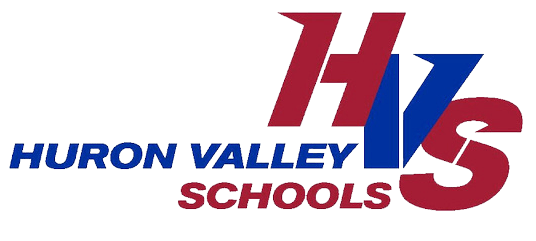Definitions of Disabilities
Definitions of Disabilities
There are thirteen areas in which a student may be eligible for special education programs and services. The following is a brief overview of these areas. More detailed information is available from the school special education staff. Please contact the Office of Student Support for further details.
Autism Spectrum Disorder (ASD)
Students who have disturbances in their capacity to relate appropriately to people, an absence or delay in language, speech, or meaningful communication and unusual or inconsistent responses to sensory stimuli may be eligible for special education.
Cognitive Impairment (CI)
Students who have impairments in cognitive ability, academic achievement and adaptive skills.
Deaf/Blind (DB)
Students who have concomitant hearing impairment and visual impairment which causes severe communication and other developmental and educational needs.
Early Childhood Developmental Delay (ECDD)
Students, 0-7 years or age, whose primary impairment cannot be differentiated and who have an impairment of one-half of the expected development for chronological age in one or more areas of development.
Emotional Impairment (EI)
Students who have emotional challenges which adversely affect their education to the extent that they cannot profit from general education learning experiences without specialized support may be eligible for special education. Areas of eligibility include:
a. Inability to build or maintain satisfactory interpersonal relationships within the school
b. Inappropriate types of behavior or feelings under normal circumstances
c. General pervasive mood of unhappiness or depression
d. Tendency to develop physical symptoms or fears associated with personal or school problems
Hearing Impairment (HI)
Students with a significant degree of hearing loss that interferes with their development or adversely affects their educational performance in a general education classroom may be eligible for special education
Other Health Impairment (OHI)
Students with a chronic or acute health problem, which limits strength, vitality or alertness and adversely affects their educational performance, may be eligible for special education.
Physical Impairment (PI)
Students with a severe orthopedic impairment that adversely affects their educational performance and may require physical adaptations within the school environment may be eligible for special education.
Severely Multiple Impairment (SXI)
Students who have moderate to severe impairment in cognitive ability and impairment in one or more of the following areas: hearing, vision, physical and health are eligible for special education.
Specific Learning Disability (SLD)
The Huron Valley School District uses a Pattern of Strengths and Weaknesses Process for the determination of a Specific Learning Disability for all building and all grades in the district.
Students whose achievement in specific academic areas is significantly below expected level based on cognitive ability may have a learning disability. Academic areas include:
a. Oral Expression
b. Listening Comprehension
c. Basic Reading Skills
d. Reading Fluency Skills
e. Reading Comprehension
f. Written Expression
g. Mathematics Problem Solving
h. Mathematics Calculation
Speech and Language Impairment (SLI)
Students who do not have age-appropriate communicate skills may have a speech and language impairment. This is manifested in one or more of the following communication impairments that adversely affects educational performance:
a. Articulation - omissions, substitutions or distortions of sound, persisting beyond an age which may be corrected by maturation.
b. Voice - including inappropriate pitch, loudness or voice quality.
c. Fluency - i.e. stuttering that interferes with effective communication.
d. Language - impairment in understanding or using age appropriate vocabulary, grammar or form.
Traumatic Brain Injury (TBI)
Students who, because of an acquired injury to the brain, have a total or partial functional disability or a social impairment that adversely affects their educational performance may be eligible for special education. This includes students who sustain an open or closed head injury resulting in an impairment in cognition, language, memory, attention, reasoning, behavior, physical functioning, information processing or speech.
Vision Impairment (VI)
Students with significant visual problems that interfere with their development or which adversely affects their educational performance. Visual problems include:
a . Central visual acuity for near or far point vision of 20/70 or less in the better eye after routine refractive correction
b. A peripheral field of vision restricted to not more than 20 degrees
c. A diagnosed progressively deteriorating eye condition
